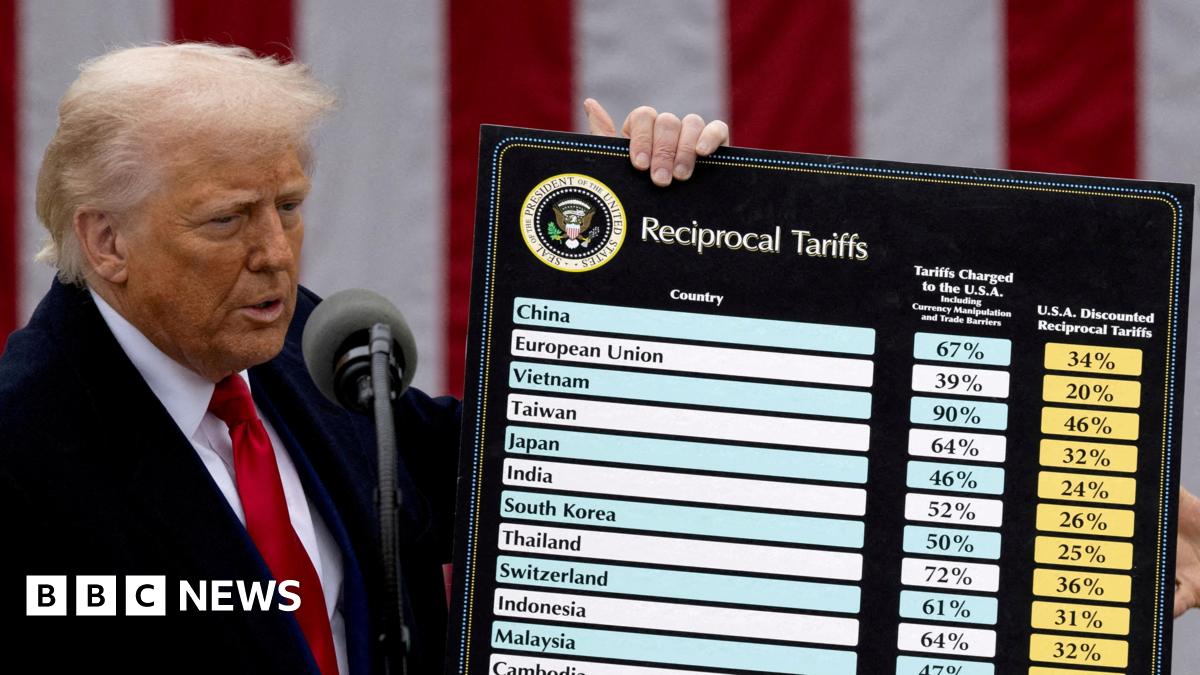The White House says that if it loses, it will impose levies via other means, such as a law allowing the president to put tariffs of up to 15% in place for 150 days.
Even then, businesses would have some relief, since those other means require steps like issuing formal notices, which take time and deliberation, said trade lawyer Ted Murphy of Sidley Austin.
“This is not just about the money,” he said. “The president has announced tariffs on Sunday that go into effect on Wednesday, without advance notice, without any real process.”
“I think that’s the bigger thing for this case for businesses – whether or not that is going to be in our future,” he added.
There is no clear sign of how the court will rule.
In recent years it has struck down major policies, such as Biden-era student loan forgiveness, as White House overreach.
But the nine justices, six of whom were appointed by Republicans, including three by Trump, have shown deference to this president in other recent disputes and historically have given leeway to the White House on questions of national security.
“I really do think arguments are available for the Supreme Court to go in all different directions,” said Greta Peisch, partner at Wiley and former trade lawyer in the Biden administration.
Adam White, senior fellow at the American Enterprise Institute, said he expected the court to strike down the tariffs, but avoid questions like what constitutes a national emergency.
